12 Things That Were Considered “Polite” in the ’60s (But Are Offensive Now)

What was once polite can now raise eyebrows—and for good reason. The 1960s were a time of social transition, but many norms that lingered from earlier decades still shaped interactions, especially around gender roles, cultural identity, and interpersonal boundaries. While some of these behaviors were rooted in good intentions, they haven’t aged well. In today’s more aware and inclusive society, many of these so-called “polite” gestures come off as outdated, patronizing, or outright offensive.
1. Calling Women “Girls” in the Workplace

Referring to grown women as “girls” was often meant to sound friendly or familiar. But language shapes perception, and this choice of words carried the implication that women were childlike or less serious than their male counterparts.
In modern workplaces, using infantilizing terms undermines professionalism and equality. Today’s culture emphasizes respect through accurate and mature language. Calling women “ladies,” “colleagues,” or simply using their names avoids the condescension that “girls” implies. It’s a small shift in language that reflects a big shift in attitude.
2. Commenting on Someone’s Weight or Appearance as a Greeting

Noticing someone’s body changes was once common in social settings. Comments like “You’ve lost weight!” or “You look fuller!” were seen as friendly observations or conversation starters.
Today, these remarks are widely recognized as inappropriate and intrusive. People are increasingly aware of body image issues, eating disorders, and the importance of respecting personal boundaries. Complimenting someone on their presence, energy, or achievements—rather than their weight—is now considered a more thoughtful and respectful approach.
3. Speaking for Your Wife or Partner in Conversations

During the ’60s, it wasn’t unusual for a man to answer questions directed at his wife or speak on her behalf in group settings. This was seen as polite or protective, rooted in traditional ideas of leadership and caretaking.
Modern norms prioritize individual voice and autonomy. Everyone deserves the opportunity to speak for themselves. Interrupting or answering for someone—regardless of gender—is now often viewed as patronizing. Respectful communication today means listening, not dominating the conversation.
4. Asking About Someone’s Ethnic Background Right Away

Curiosity about someone’s ethnicity used to be considered friendly small talk. Questions like “Where are you from—no, really?” were often meant to show interest or appreciation for diversity.
But in practice, they can make people feel othered or unwelcome. Today, many recognize that these questions imply someone doesn’t belong or isn’t “really” from here. Respect starts with letting people share what they’re comfortable with, on their terms. If someone wants to talk about their background, they’ll bring it up themselves.
5. Making “Compliments” Based on Race or Nationality

Telling someone they’re “so exotic” or that they “speak English so well” might have been intended as praise in the ’60s. Back then, few considered the deeper implications of such statements.
Now we know that these kinds of compliments can feel backhanded. They often reveal assumptions or stereotypes and position the speaker as the default. Praising people without exoticizing them—or assuming they’re outsiders—shows a more evolved understanding of inclusion and equality.
6. Calling Older Women “Dear” or “Sweetie”

Using terms of endearment for older women was once seen as charming or kind. In settings like restaurants or stores, it was common for younger people to say “sweetie,” “honey,” or “dear.”
Today, these phrases are often taken as patronizing. They can come across as dismissive or infantilizing, especially when used in professional or transactional contexts. Using someone’s name or a neutral, respectful title is a better approach and avoids assumptions about age or status.
7. Touching Strangers—Especially Women—Without Consent
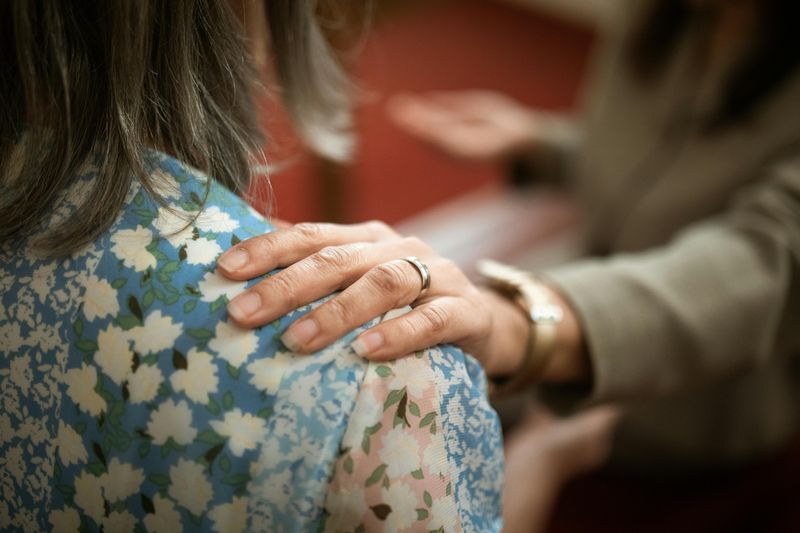
Light touches on the arm, shoulder, or back were once considered polite gestures, especially from men toward women. These actions were often framed as friendly or courteous.
But unsolicited physical contact is now understood as a potential boundary violation. People have the right to control their own space. What some used to view as chivalry is now more often seen as inappropriate. Respect today means asking for permission—or better yet, waiting for cues before making physical contact.
8. Making Jokes About “The Wife” or “The Old Ball and Chain”
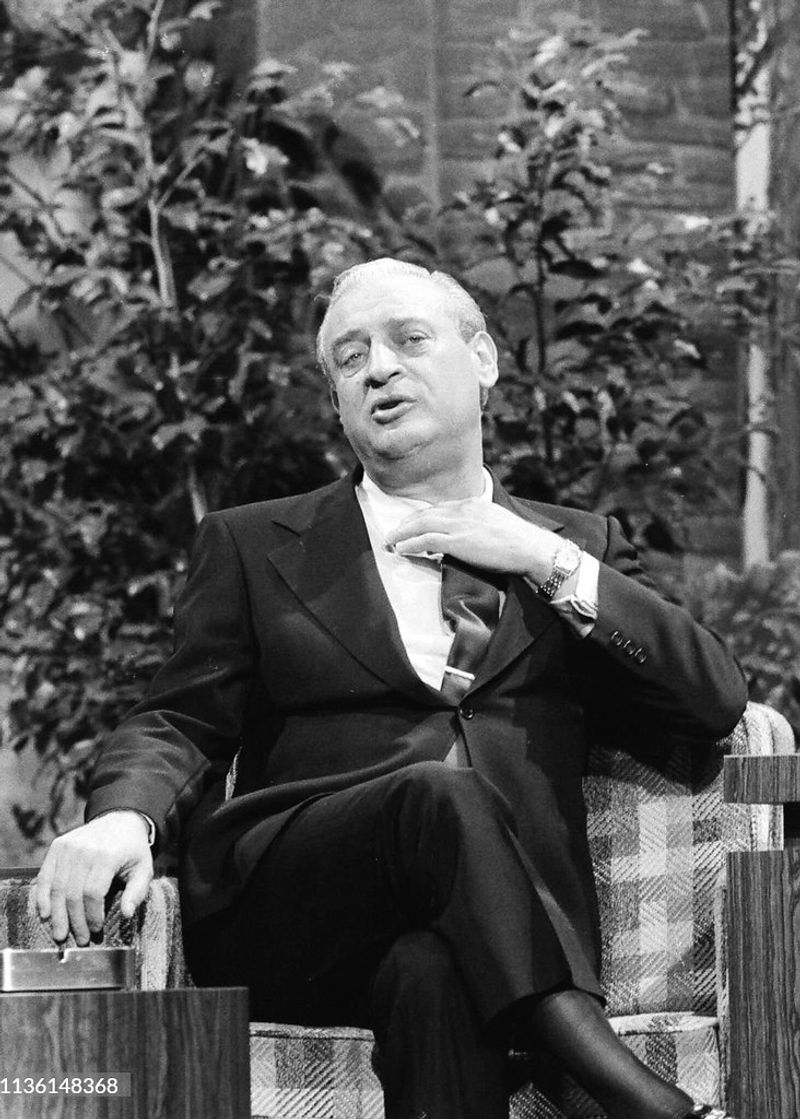
Self-deprecating jokes about marriage were a staple in ’60s humor. Referring to one’s spouse as “the boss” or “the old ball and chain” was a way to get laughs while conforming to stereotypes.
In the present day, these jokes can be seen as disrespectful or indicative of unhealthy dynamics. They often reinforce outdated gender roles or suggest resentment. Healthy relationships are based on mutual respect—and humor that reflects that respect lands much better.
9. Assuming Gender Roles Without Question
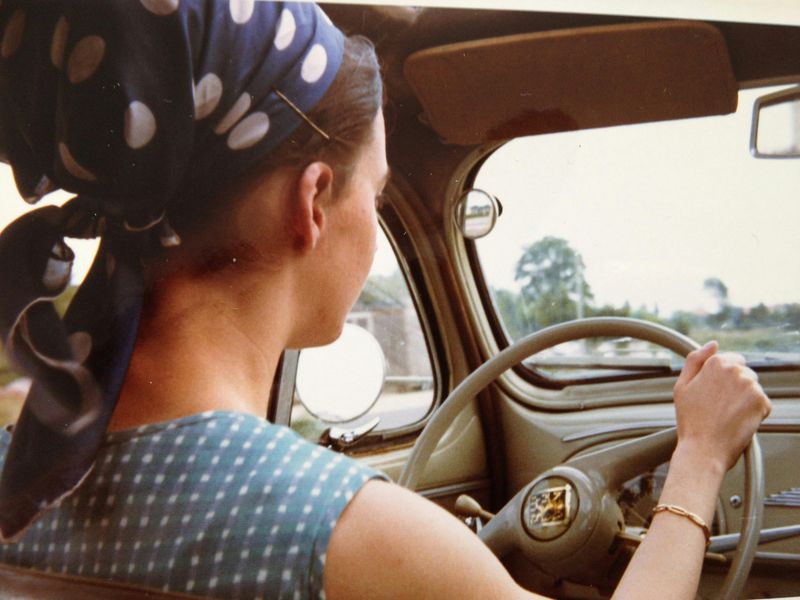
Chivalrous acts like pulling out a chair or ordering for a woman were once automatic social norms. They reflected the idea that men should take the lead in public interactions.
Today, those gestures are often re-evaluated based on context and consent. Many people prefer equal footing in all aspects of a relationship or interaction. The key now is to offer, not assume—ask if someone would like assistance rather than acting on outdated expectations.
10. Asking Someone If They Have a “Real” Job
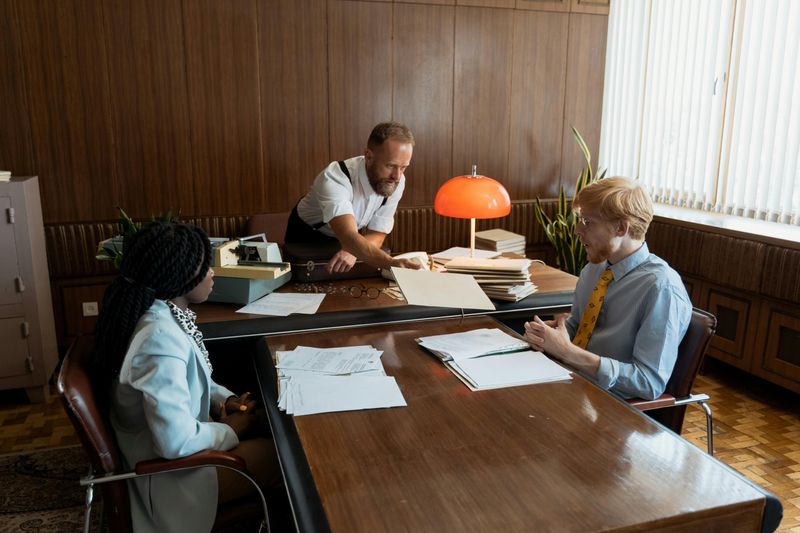
Creative work, homemaking, and freelance gigs were often dismissed in the ’60s as not being “real” jobs. Asking someone what they “really do” implied their current role lacked legitimacy.
That attitude doesn’t hold up in today’s diverse economy. Side hustles, content creation, and remote work are all valid professions. What matters is whether the person finds value and meaning in what they do—not whether it fits into an old-fashioned mold of employment.
11. Making Jokes About Mental Health or Disability

Casual remarks like “He’s totally insane” or “She’s a little slow” were once widely accepted in conversation and media. These phrases were rarely challenged at the time.
Awareness has grown around mental health and cognitive differences. What was once overlooked is now clearly recognized as harmful language. Respectful communication today means avoiding derogatory terms and embracing empathy when discussing someone’s mental well-being or abilities.
12. Using Outdated Terms for Marginalized Groups
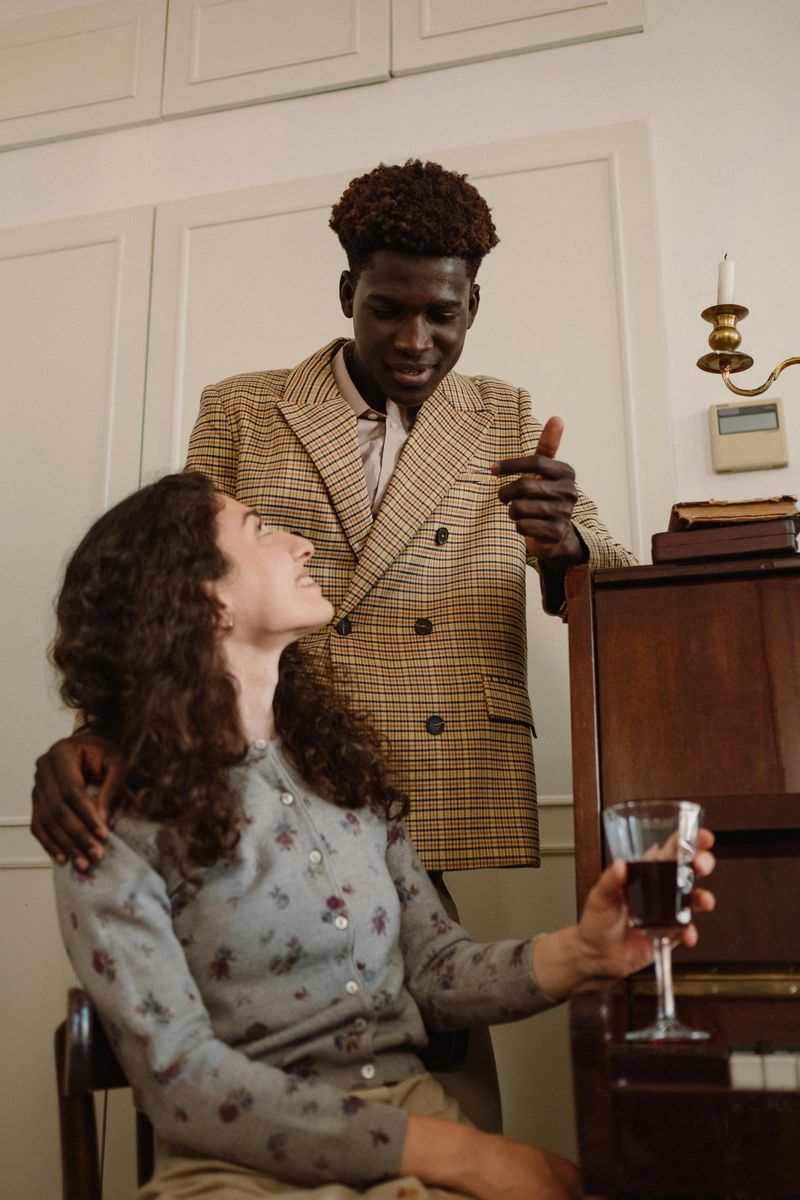
Words like “oriental” or “colored” were commonly used in polite society during the ’60s. They even appeared in official documents and media with no perceived malice.
In the current era, those terms are outdated and offensive. They reflect a time when people weren’t seen as individuals but as broad categories. Today’s language is more inclusive, specific, and respectful. Asking people how they identify—and listening—goes a long way in building mutual respect.

Comments
Loading…